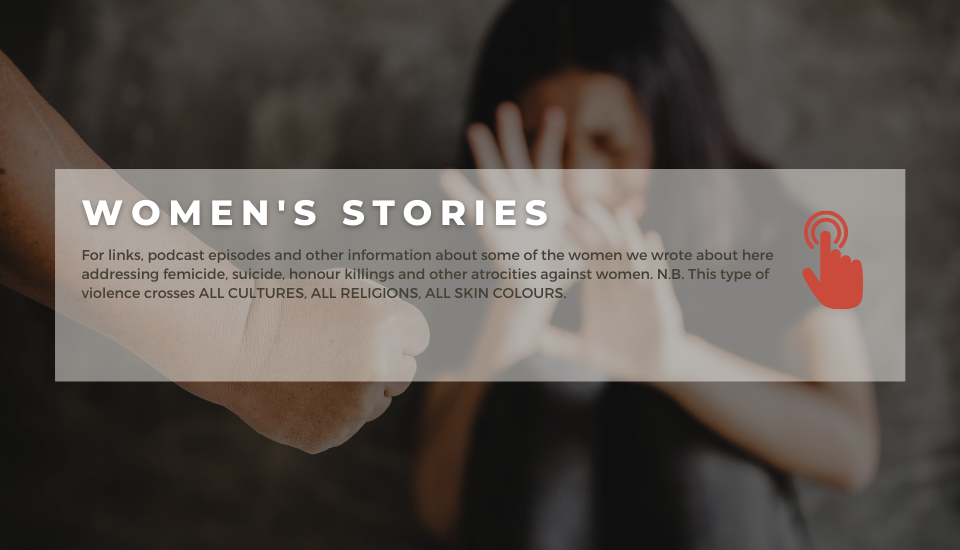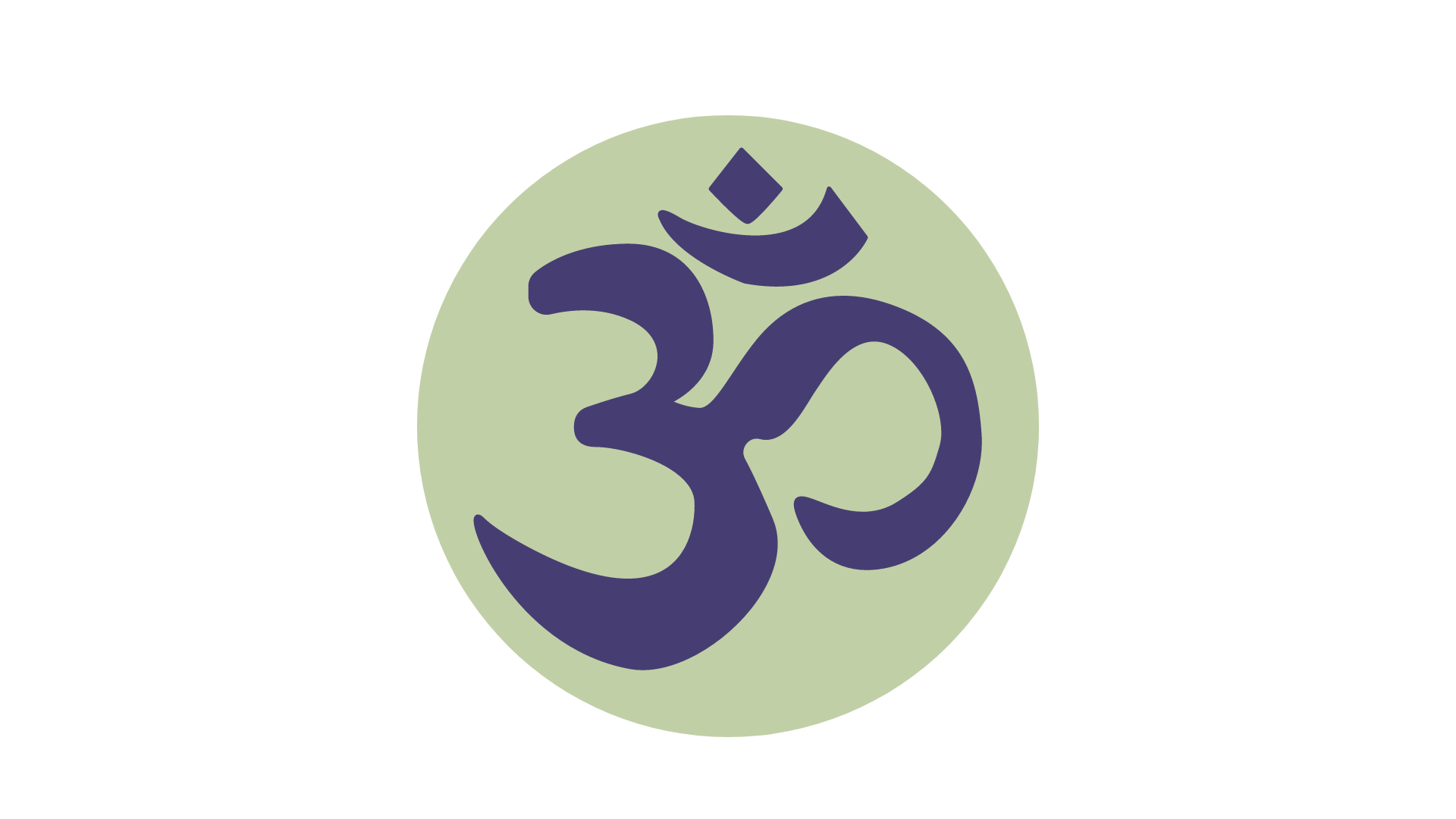Honour killing is also known as Shame killing. It is a global phenomenon and is not restricted to narrow religious beliefs as some suspected. This act of aggression and violence towards women and girls crosses all races, creeds and cultures. At the root of this practice are misogyny, patriarchy, wounded egos, and misguided notions, particularly the objectification and perceived ownership of women.

Murder is not the only form of honour crime, other crimes such as acid attacks, abduction, mutilations, and beatings occur; in 2010 the UK police recorded at least 2,823 such crimes. (source: BBC) Women are not allowed to defend themselves even when suspicion is cast upon them.
Honour killings are sometimes public to warn others and are often very vicious; Known methods include stoning, stabbing, beating, burning, beheading, hanging, throat slashing, lethal acid attacks, shooting, and strangulation. They can also include forced suicides so no one can be held accountable and prosecuted for murder.
There are loopholes in the laws in some countries that make it easier to get away with murder but not in all. In 2016, Pakistan repealed the loophole which allowed the perpetrators of honour killings to avoid punishment by seeking forgiveness for the crime from another family member and thus be legally pardoned. Whilst it hasn’t stopped these killings, it is easier to convict the perpetrators of these crimes. However, not all countries have laws on the books to convict these murderers or existing laws do little to deter this behaviour.
Although the United Nations estimates that 5,000 women and girls are murdered each year in honour killings, women’s advocacy groups suspect that more than 20,000 women are killed worldwide each year. Shame or honour killings are reported worldwide with most in Middle Eastern and South Asian countries. However, you can add countries like Australia, Brazil, Canada, Italy, Sweden, Syria, Uganda, the United Kingdom, and the United States, to the list of places these crimes occur.
Here is what is listed as the reasons or sometimes reported as the causes:
- divorce or separation
- refusal to enter an arranged, child, or forced marriage
- being in a relationship outside of religious or culturally accepted norms
- premarital sex – even between two consenting adults
- extramarital sex
- being a victim of rape or sexual assault – see note below.
- wearing ‘inappropriate’ clothing
- engaging in non-heterosexual relations
- inappropriate gender expression
Another vicious way to levy punishment on a woman – the victim of rape – is when a family may attempt to restore its ‘honour’ by forcing a woman or girl to marry their rapist. If this is not possible, they will force her to marry another man who is part of the extended family of the rapist. The woman or girl has no choice but to accept the marriage or be killed. The family of the perpetrator is expected to cooperate and provide a groom for the woman.
Even our language is problematic when we say that the reasons or cause of honour killings is divorce, unfaithfulness, etc. The triggers are not reasons and they stem from a complex ideology embedded in male privilege and culture. It is NOT any of the items on the list. It begins with people that hold hate in their hearts, and an idea embedded in the culture that has outlived its usefulness – patriarchy.
Two recent news items:
India’s top judge is facing calls to resign after asking an accused rapist whether he would marry his schoolgirl victim to avoid jail.
March 3rd 2021 (source: Aljazeera.com)
Chief Justice Sharad Arvind Bobde told an accused rapist at a hearing: “If you want to marry (her), we can help you. If not, you lose your job and go to jail.”
Bobde’s comments sparked a furore and prompted women’s rights activists to circulate an open letter calling for his resignation, which has secured more than 5,200 signatures, campaigner Vani Subramanian said on Wednesday. According to the letter, the man is accused of stalking, tying up, gagging and repeatedly raping the girl four years ago before threatening to douse her in petrol, set her alight and have her brother killed.
“By suggesting that this rapist marry the victim-survivor, you, the Chief Justice of India, sought to condemn the victim-survivor to a lifetime of rape at the hands of the tormentor who drove her to attempt suicide,” the letter said.
Girl’s beheading in India spurs calls for ‘honour killings’ law.
March 5th 2021 (source: Aljazeera.com)
Man in Uttar Pradesh beheads 17-year old teenage daughter and carries severed head to police station, in yet another case of so-called ‘honour killing’.
“He said he saw his daughter in a compromising position with a man and he beheaded her in a fit of rage,” Anurag Vats, the police superintendent of Hardoi district in northern Uttar Pradesh state, told the Thomson Reuters Foundation on Thursday. “He has confessed to his crime,” he said.
Images of the man carrying the girl’s head were shared widely on social media, reigniting demands from women’s campaigners for a specific law against honour killings to help protect potential victims and improve police investigations.
Final Notes:
We could probably include many of the thousands of women who are murdered by men they know in Europe and the United States each year in these numbers even though that don’t fall into the strictest definition of honour killings. Still, the core reasons are similar enough the murders are the result of societal attitudes that see women’s lives as the property of men. Women are murdered because of jealousy, control, ‘inappropriate’ attire, etc. The only primary difference is that in Western culture it is often referred to as intimate partner homicide.
Big systemic problems.
These are big topics, big systemic problems across cultures around the world that need awareness and action. We have to be aware of the unconscious biases and cultural norms that sustain these behaviours and attitudes. Today, we are aware.
We the women.

Let us not become overburdened with despair – with crippling sadness and hopelessness by our own compassionate hearts when we listen to and read these stories of flesh and blood women. The women who had or still have their own sense of themselves embodying their dreams, goals, desires, and sense of purpose. They are us, and we are them.
We must remember this –

Go to part II for links, podcast episodes and other information about some of the women we wrote about here addressing femicide, suicide, honour killings and other atrocities against women. N.B. This type of violence crosses ALL CULTURES, ALL RELIGIONS, ALL SKIN COLOURS.


